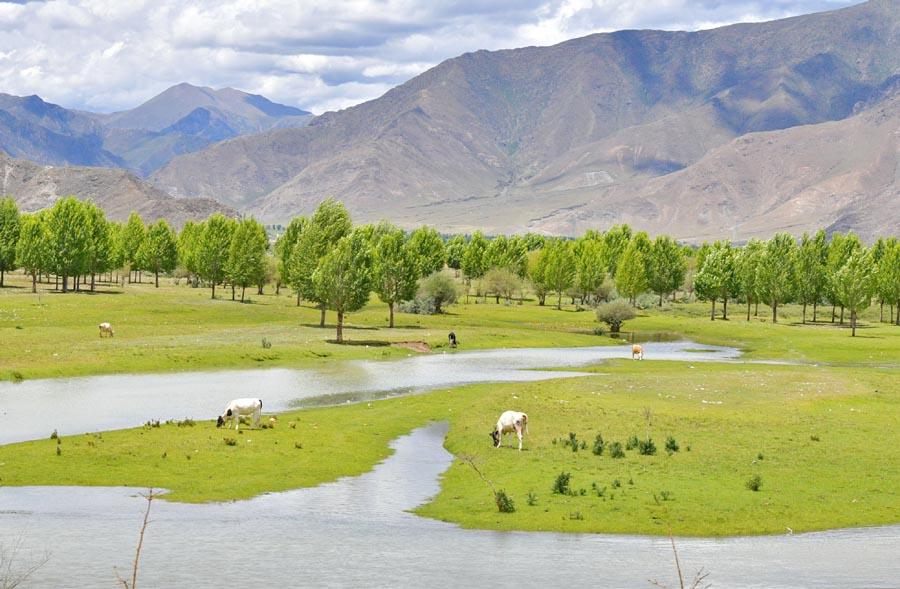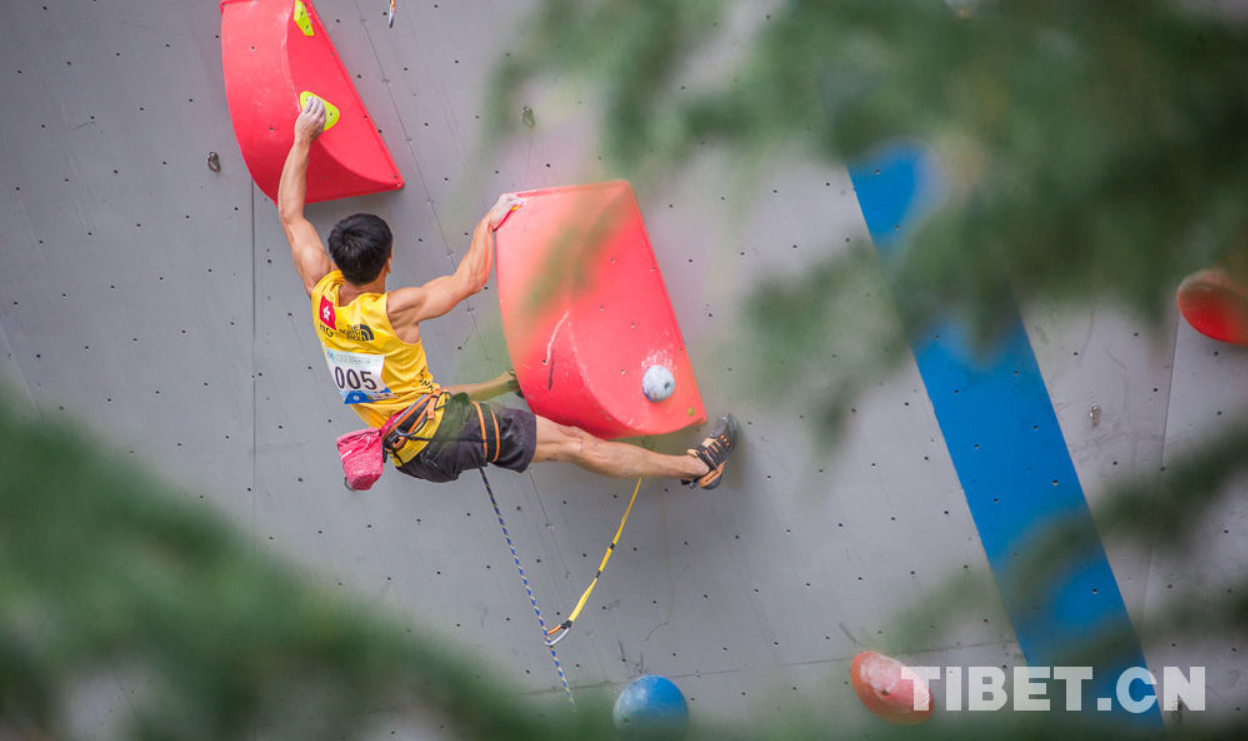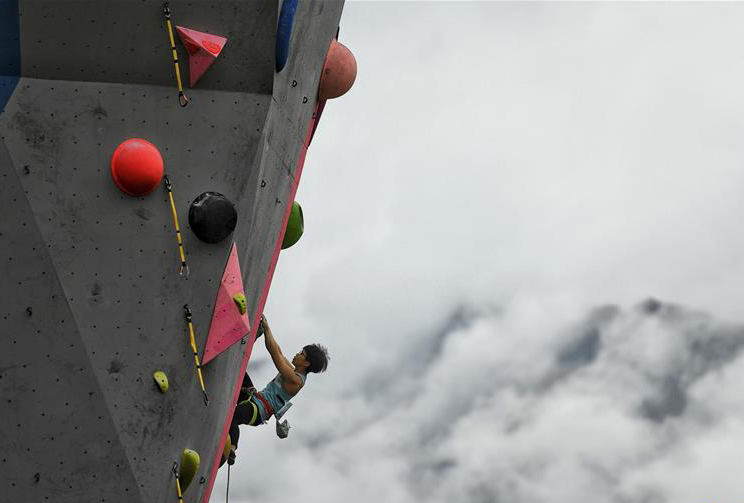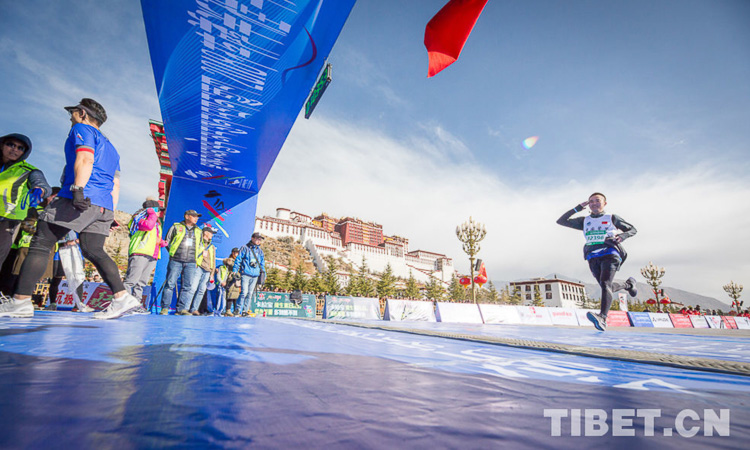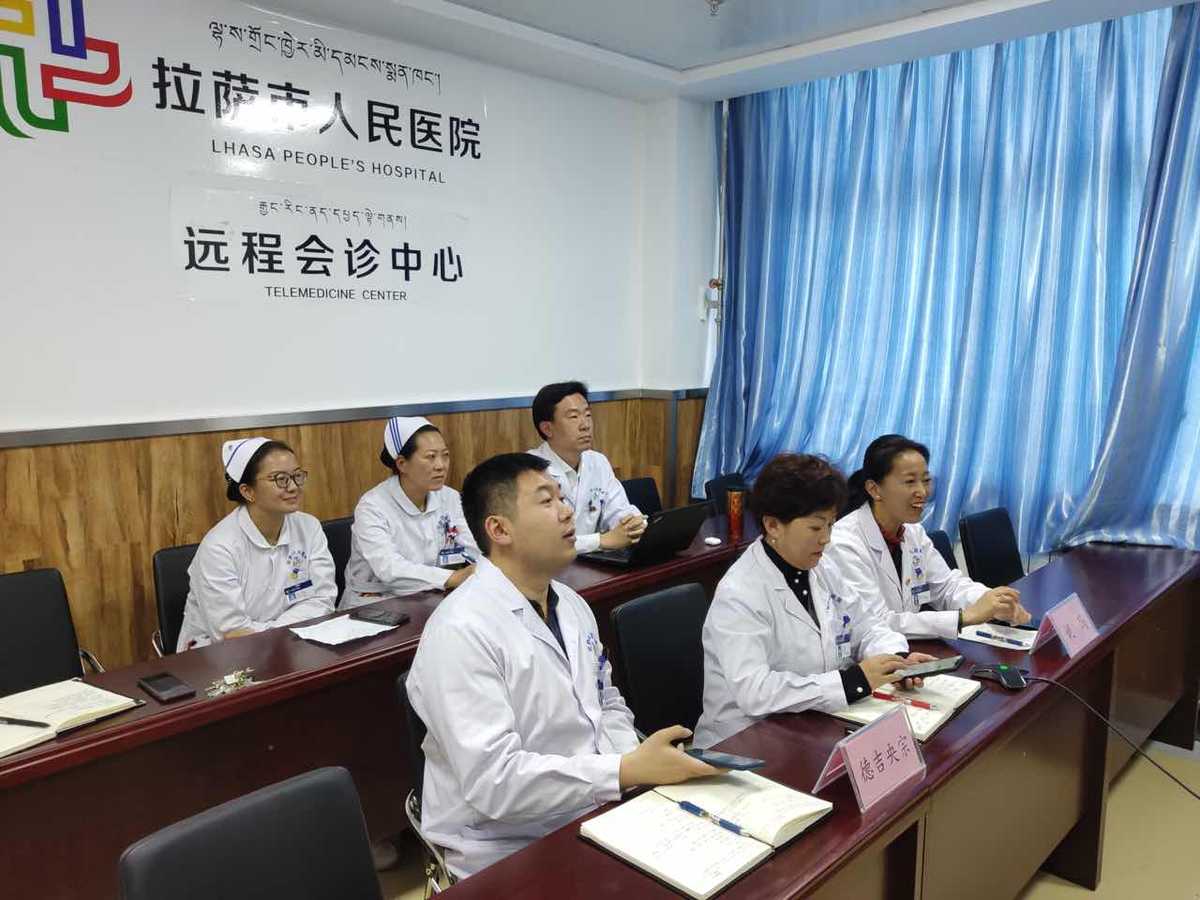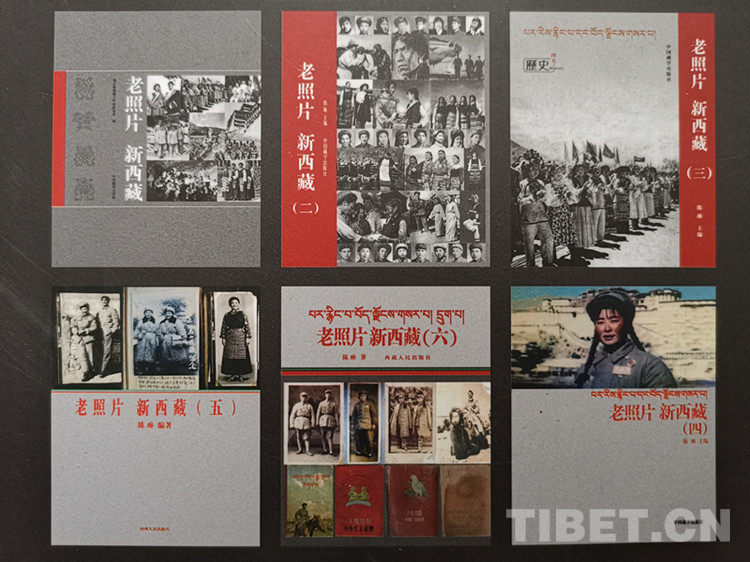Tibet hosts academic conference on Tibetan medicinal bathing
More than 100 experts and scholars of Tibetan medicinal science gathered in Lhasa, capital of China's Southwest Tibet autonomous region, on Friday for an academic conference on Lum medicinal bathing of Sowa Rigpa.
The two-day forum, hosted by the region's health commission and the Institute of Tibetan Medicine and Astrology, known as the Menteskhang locally, is the first of its kind in the region.
An inherent component of ancient China, Lum medicinal bathing of Sowa Rigpa was named a regional and national intangible cultural heritage in 2018 and 2014, respectively.
It was named a UNESCO Intangible Cultural Heritage of Humanity on Nov 28, 2018 at a convention in Port Louis, capital of Mauritius.
Kalzang Yudron, director of the commission, said together with Indian Ayurveda medicine, traditional Chinese medicine and Western medicine, Tibetan healing science, with a history of thousands of years, is one of the world's four key traditional medicinal sciences.
It has contributed greatly to human health, the harmonious development of society and the sustainable development of civilization, he said.
"It is a practice of better performing the commitments to UNESCO, and we will work hard to ensure the conservation and inheritance of the cultural heritage," said Kalzang Yudron.
"Conducting such as a conference is part of an effort to work on UNESCO's five-year preservation plan, and it will contribute to the standardization, talent training, and diagnosis behavior of Tibetan healing science."
Lum medicinal bathing of Sowa Rigpa comprises knowledge and practices on life, health, and illness prevention and treatment, and it is the 40th Chinese heritage inscribed in the UNESCO list.
It is widely practiced in the Chinese provinces of Gansu, Qinghai, Sichuan, Yunnan, and Tibet autonomous region.
"Medicinal bathing is an ancient civilized way of life, which is not only used for hygienic reasons, but also its unique cultural connotations," wrote Liu Yinghua, associate research fellow at the Beijing Tibetan Hospital of China Tibetology Research Center, in one of her essays on Tibetan medicinal bathing.
"Tibetan medicinal bathing has a profound relationship with religious rituals, social customs, sports, entertainment, and health treatment," she said in the essay.
Tibet Stories
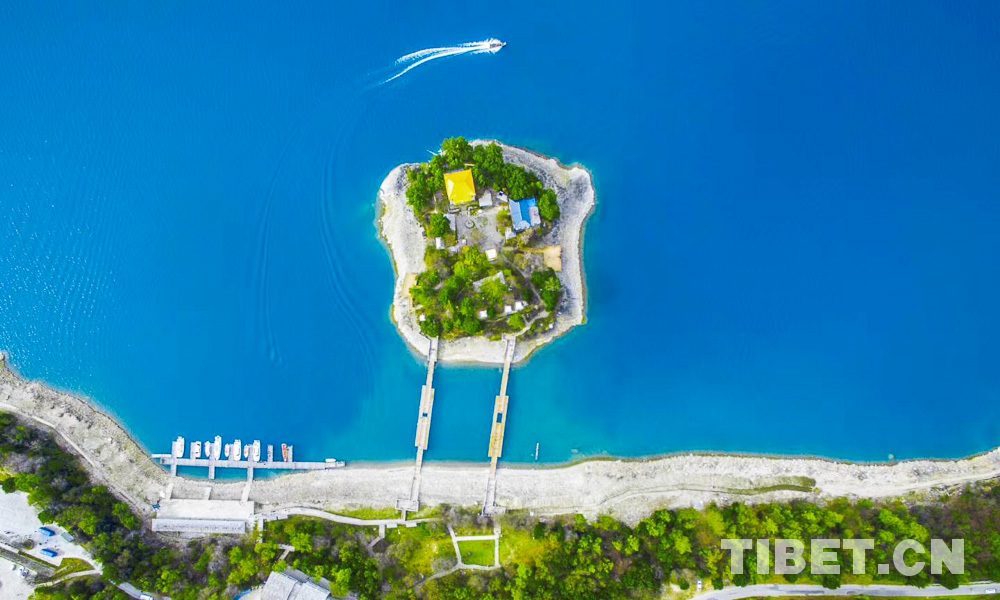
Emancipated serf Ngawang: "wish my happy life can go on"
Today, Ngawang's greatest hobby is to watch the workers build the house as he wants brick by...
